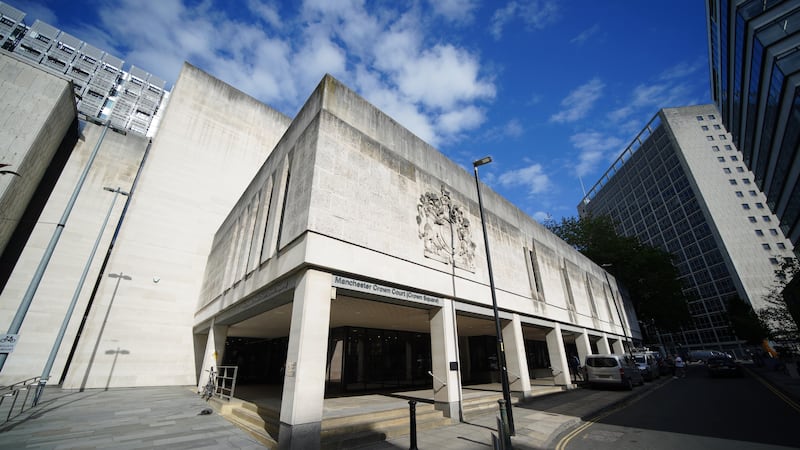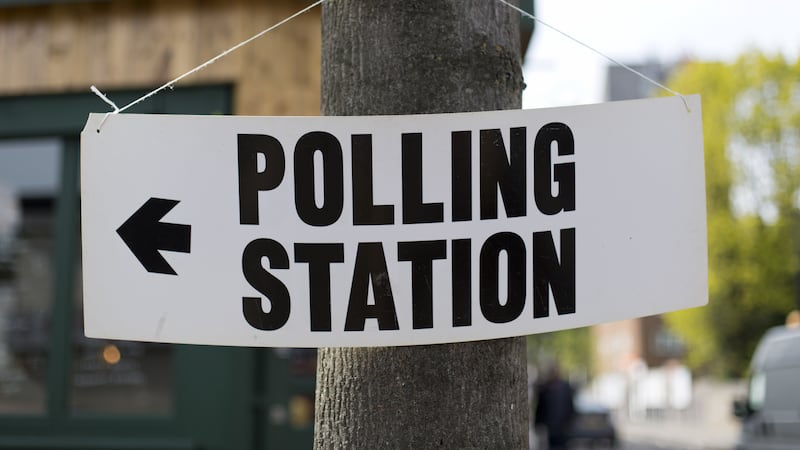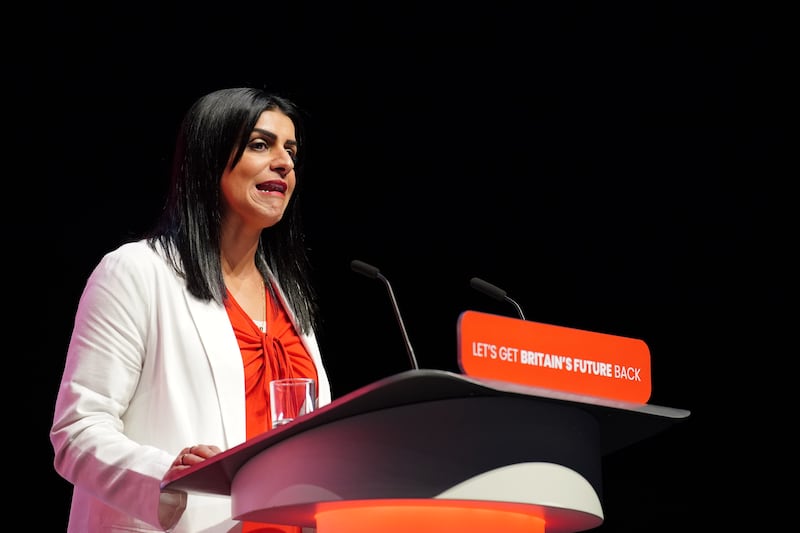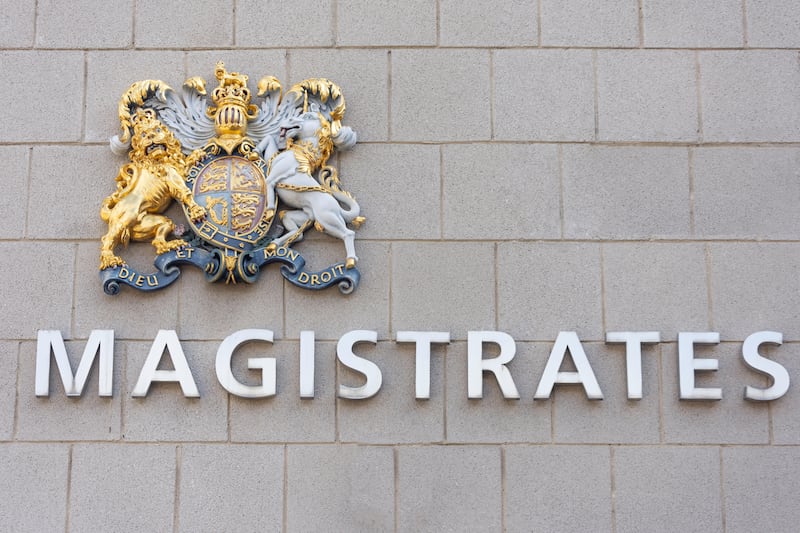Ministers have been warned that plans to give judges the power to order offenders to attend sentencing hearings could prove harder to implement in practice.
Some victims and campaigners, including the mother of shooting victim Olivia Pratt-Korbel, hailed a Government promise of new legislation to force serious offenders to attend their sentencing.
But others warned that it was a “complex” issue that in the end could cause more distress for grieving families.
Prime Minister Rishi Sunak, who met with Cheryl Korbel on Wednesday, called it “unacceptable” that some criminals have refused to face their victims.
Ms Korbel has been among those campaigning for a change in the law to force criminals to appear in court after Thomas Cashman, who shot Olivia after chasing a fellow drug dealer into her home in Dovecot, Liverpool, refused to come up to the dock when he was sentenced to a minimum of 42 years.
Criminals shouldn't be allowed to take the coward’s way out by refusing to face their victims in court.
I stand with Cheryl Korbel in her campaign to make vile offenders like her daughter’s killer hear their sentences.
Today, we’re changing the law to make that happen 🧵 pic.twitter.com/MrgQAxJZUF
— Rishi Sunak (@RishiSunak) August 30, 2023
Ministers had committed earlier this year to changing the law to force criminals to be sentenced in person after the killers of Olivia, Zara Aleena and Sabina Nessa refused to stand in the dock.
The promised reforms will give custody officers the power to use “reasonable force” to ensure those awaiting sentencing appear in the dock or by video link.
Those convicted could also face an extra two years in jail if they ignore a judge’s order and continue to refuse to attend court, with such penalties applying in cases where the maximum sentence is life imprisonment.
It also comes after child murderer Lucy Letby refused to appear for her sentencing earlier this month.
Ms Korbel said she hoped that Olivia was “proud of what we’ve done”.
“Because at the end of the day, it’s in her name, it’s why we’ve done this. And not only in her name, it’s for every other family out there that has gone through it.
“We just hope it gets changed so no-one else has to go through it,” she told ITV.
But the father of a murdered police officer warned against a “knee-jerk, headline-grabbing” response.
Former prison officer Bryn Hughes’ daughter Pc Nicola Hughes was killed in 2012 alongside fellow Pc Fiona Bone in a gun and grenade ambush while on duty in Tameside, Greater Manchester.
“I have seen it from both sides of the courtroom. On being the father of someone who was murdered and being in court, and a former prison officer who has actually restrained someone into court, it is difficult,” he told the PA news agency.
He said that he had seen the behaviour of prisoners forced into courtrooms: “Foul abuse towards the family, abused the court, turned their back, kicked off, fought, spat, bitten people.
“They are beyond being told to sit down and be quiet, aren’t they?
“If you are going to restrain them in court, is it going to involve a Hollywood-style Hannibal Lecter outfit?” he said, referencing a character from the 1991 film Silence Of The Lambs.
Mr Hughes warned that it was often very difficult to force people up the often narrow steps from the cells into courtrooms.
“In reality it is complex and operationally it is fraught with danger,” he warned.
“I wouldn’t want to see them dragged up into the dock shouting abuse about the final moments of your loved one.”
Labour also said the Conservatives had “dragged their feet” on the issue, accusing ministers of promising to act on four separate occasions over the last 18 months.
The Ministry of Justice said judges would have discretion over whether it is “in the interests of justice” to order an offender to attend court.
No exact date has been given for the legislation and it has been promised in “due course”.
The “crime week” announcement forms part of the latest summer recess policy blitz by the Government, following so-called “small boats week” and “health week”.
Mr Sunak said: “It is unacceptable that some of the country’s most horrendous criminals have refused to face their victims in court. They cannot and should not be allowed to take the coward’s way out.
“That’s why we are giving judges the power to order vile offenders to attend their sentencing hearings, with those who refuse facing being forced into the dock or spending longer behind bars.”
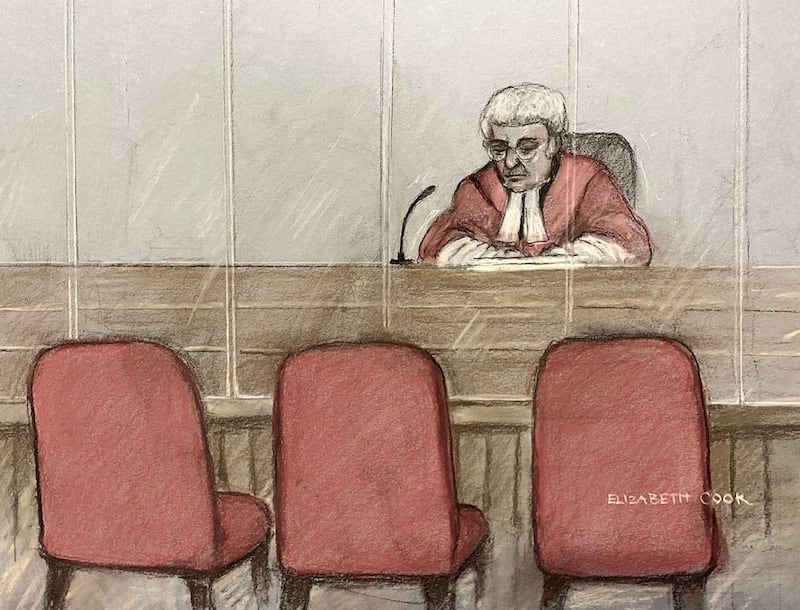
Labour backing for the proposal means the reforms could be passed into law relatively quickly, but the legislative process will not be able to begin until MPs return to the Commons in the autumn.
“This will happen in the new session of Parliament when it commences in the autumn,” Mr Sunak told broadcasters during a visit to a police station in London.
Labour said that there was still no timeline for when ministers would act.
Shadow justice secretary Steve Reed said: “We called for new laws on this back in April last year – but the Conservatives have dragged their feet.
“This is the fourth time in over 18 months the Government has promised action – and yet again they have failed to outline a proper timeline on when they will act.
“In government, Labour will give judges the power to force offenders to face justice in court. The families of victims deserve nothing less.”
